Aravind Adiga! Biography
Aravind Adiga! Biographyon Aug 27, 2019
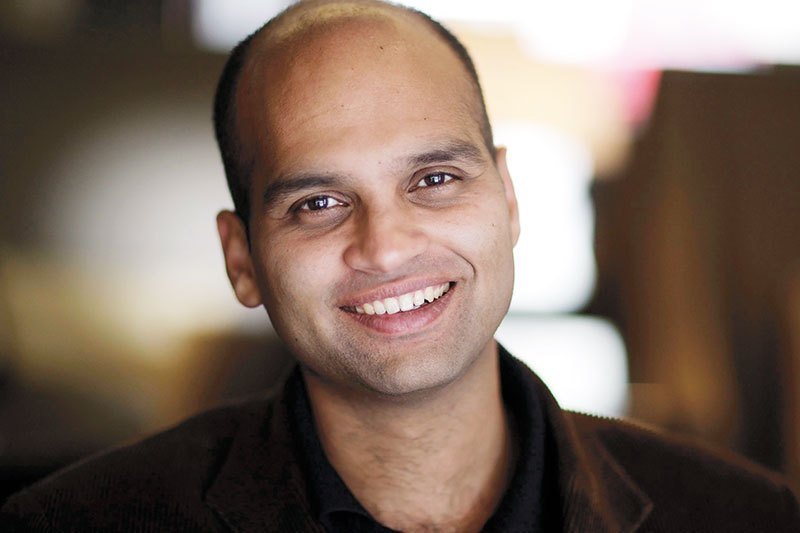
Aravind Adiga (born 23 October 1974) is an Indo-Australian writer and journalist. His debut novel, The White Tiger, won the 2008 Man Booker Prize.
Biography
Early life and education
Aravind Adiga was born in Madras (now Chennai) on 23 October 1974 to Dr. K. Madhava Adiga and Usha Adiga, both of whom hailed from Mangalore. His paternal grandfather was the late K. Suryanarayana Adiga, former chairman of Karnataka Bank, and a maternal great-grandfather, U. Rama Rao, a popular medical practitioner and Congress politician from Madras. Adiga grew up in Mangalore and studied at Canara High School, then at St. Aloysius College, where he completed his SSLC in 1990 and secured the first place in his state in SSLC (his elder brother, Anand, had placed second in SSLC and first in PUC in the state). After emigrating to Sydney, Australia, with his family, Aravind studied at James Ruse Agricultural High School. He later studied English literature at Columbia College of Columbia University, in New York city, under Simon Schama and graduated as salutatorian in 1997. He also studied at Magdalen College, Oxford, where one of his tutors was Hermione Lee.Career
Aravind Adiga began his journalistic career as a financial journalist, interning at the Financial Times. With pieces published in the Financial Times and Money, he covered the stock market and investment, interviewing, amongst others, Donald Trump. His review of previous Booker Prize winner Peter Carey's book, Oscar and Lucinda, appeared in The Second Circle, an online literary review. He was subsequently hired by TIME, where he remained a South Asia correspondent for three years before going freelance. During this freelance period, he wrote The White Tiger. Aravind Adiga now lives in Mumbai, Maharashtra, India.Booker Prize
Aravind Adiga's debut novel, The White Tiger, won the 2008 Booker Prize. He is the fourth Indian-born author to win the prize, after Salman Rushdie, Arundhati Roy, and Kiran Desai. (V. S. Naipaul, another winner, is ethnically Indian but was born on the Caribbean island of Trinidad.) The five other authors on the shortlist included one other Indian writer (Amitav Ghosh) and another first-time writer (Steve Toltz). The novel studies the contrast between India's rise as a modern global economy and the lead character, Balram, who comes from crushing rural poverty.| “ | At a time when India is going through great changes and, with China, is likely to inherit the world from the West, it is important that writers like me try to highlight the brutal injustices of [Indian] society. That's what I'm trying to do – it is not an attack on the country, it's about the greater process of self-examination. | ” |



.jpg)






.jpg)
.png)
.jpg)

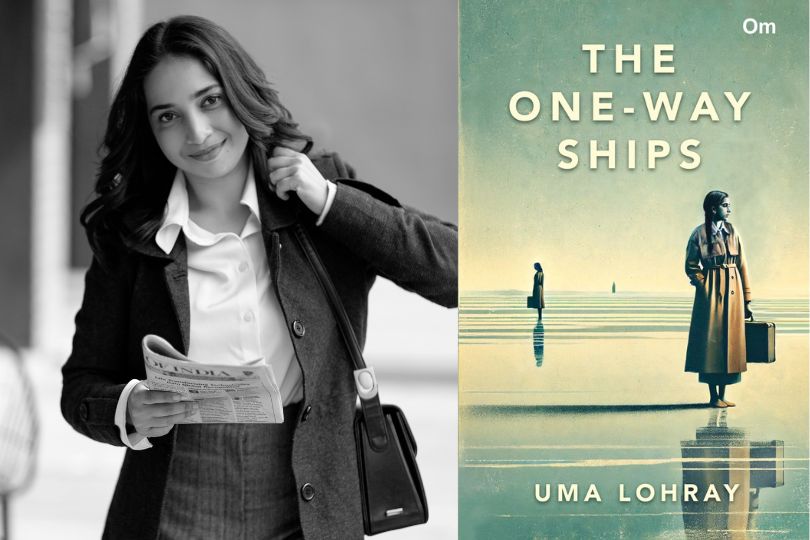
.jpg)
.jpg)
.jpg)



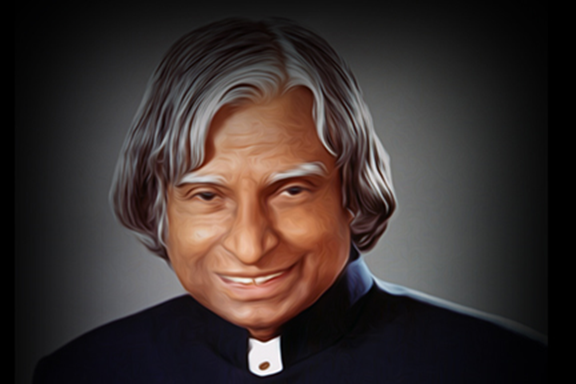
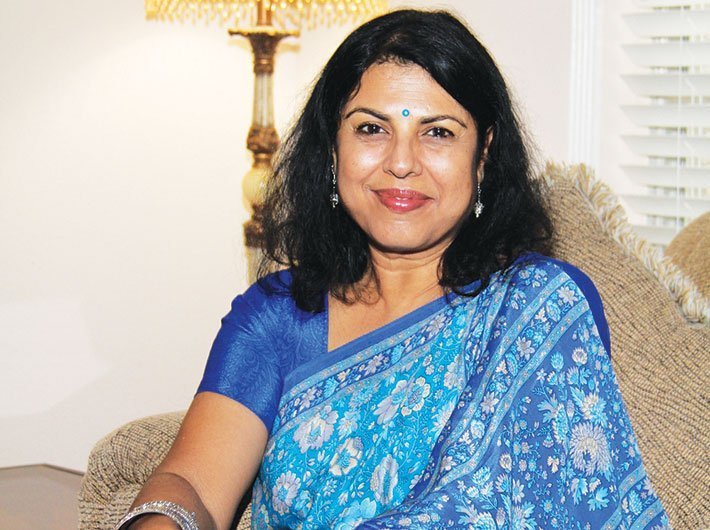
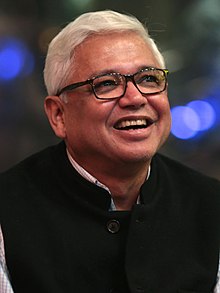
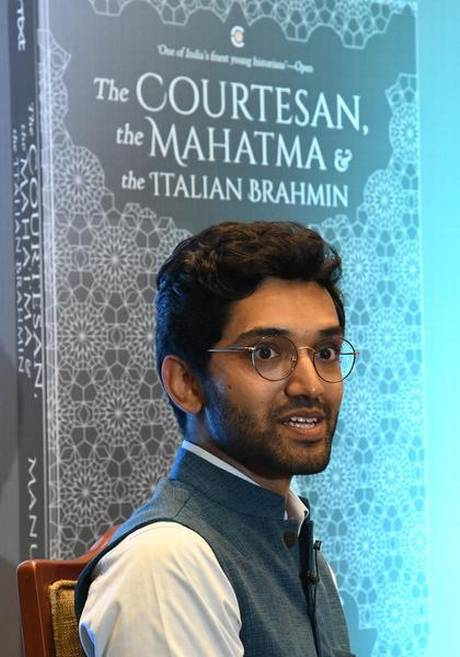
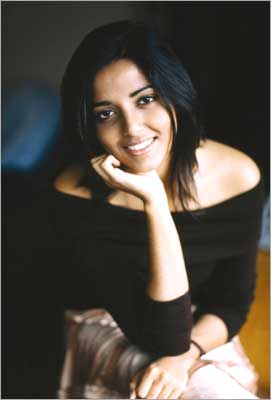


Sorry! No comment found for this post.